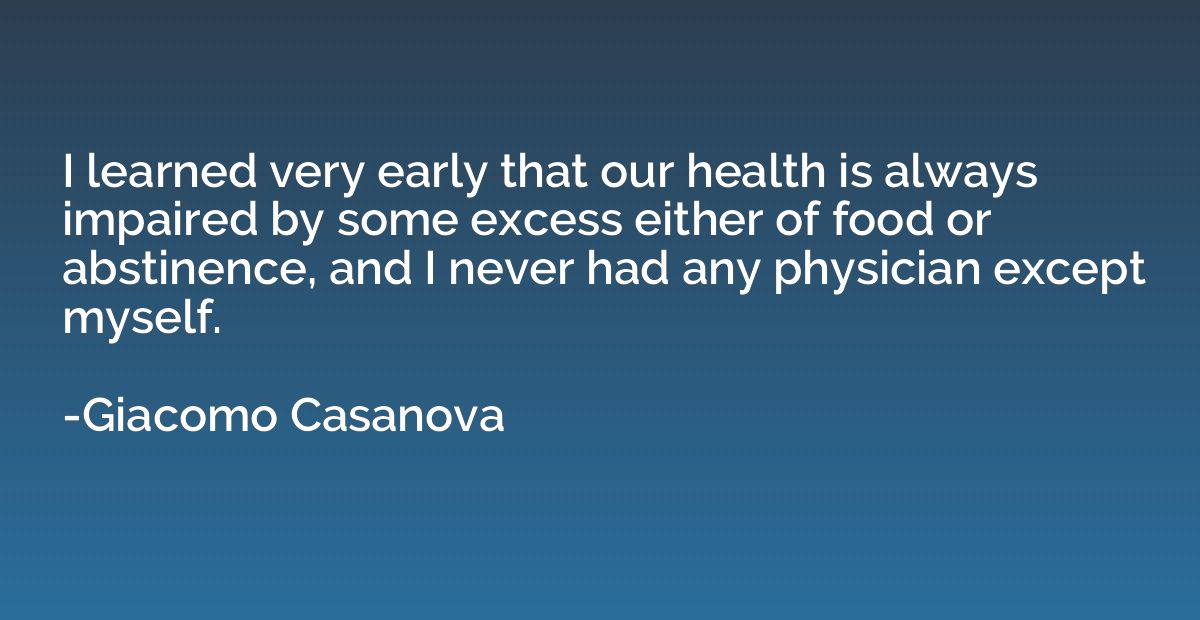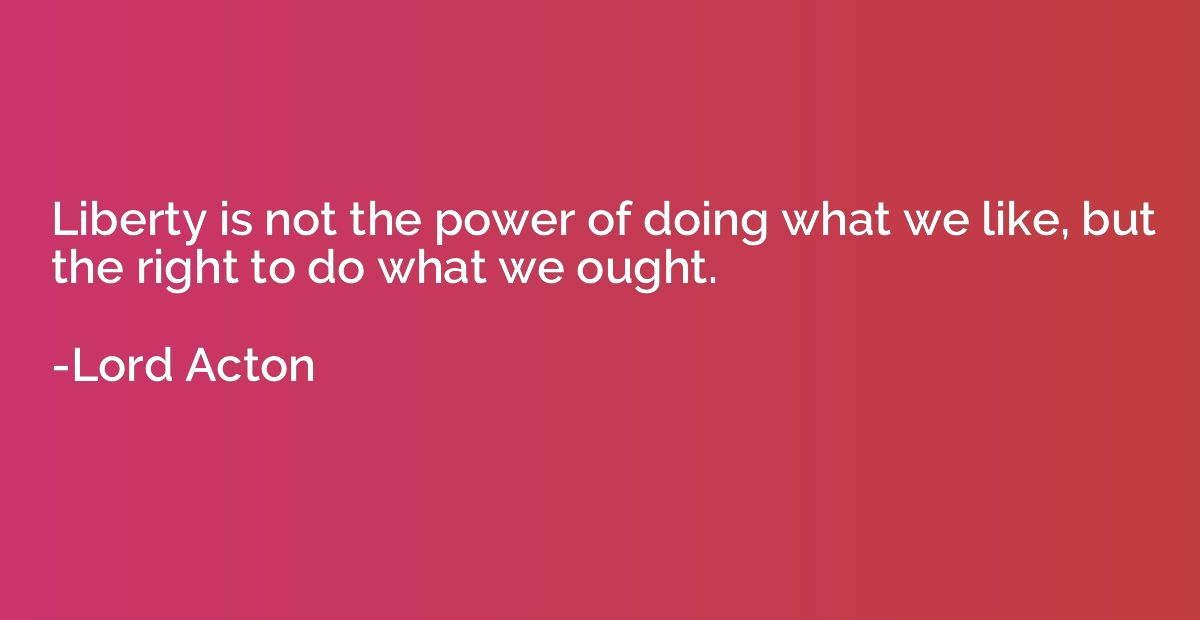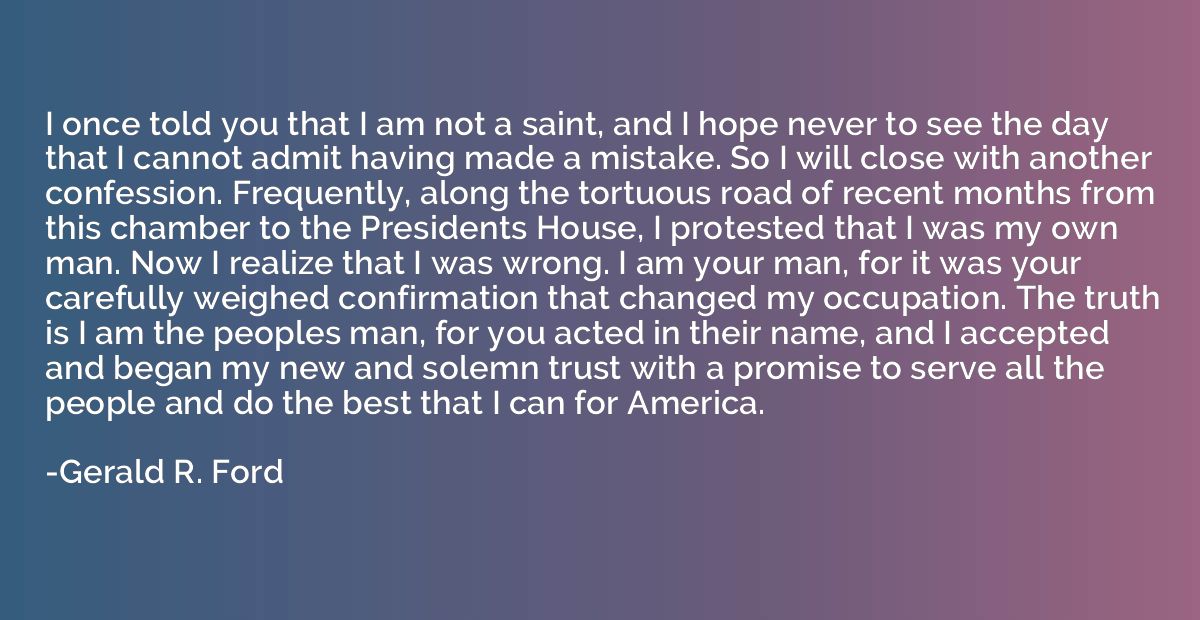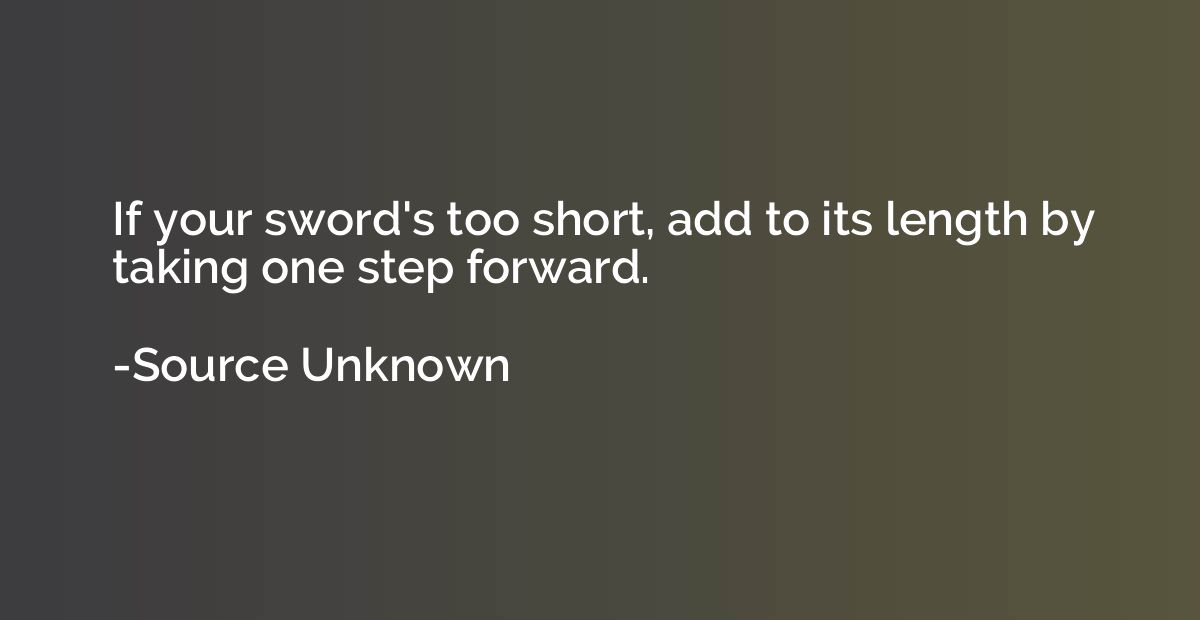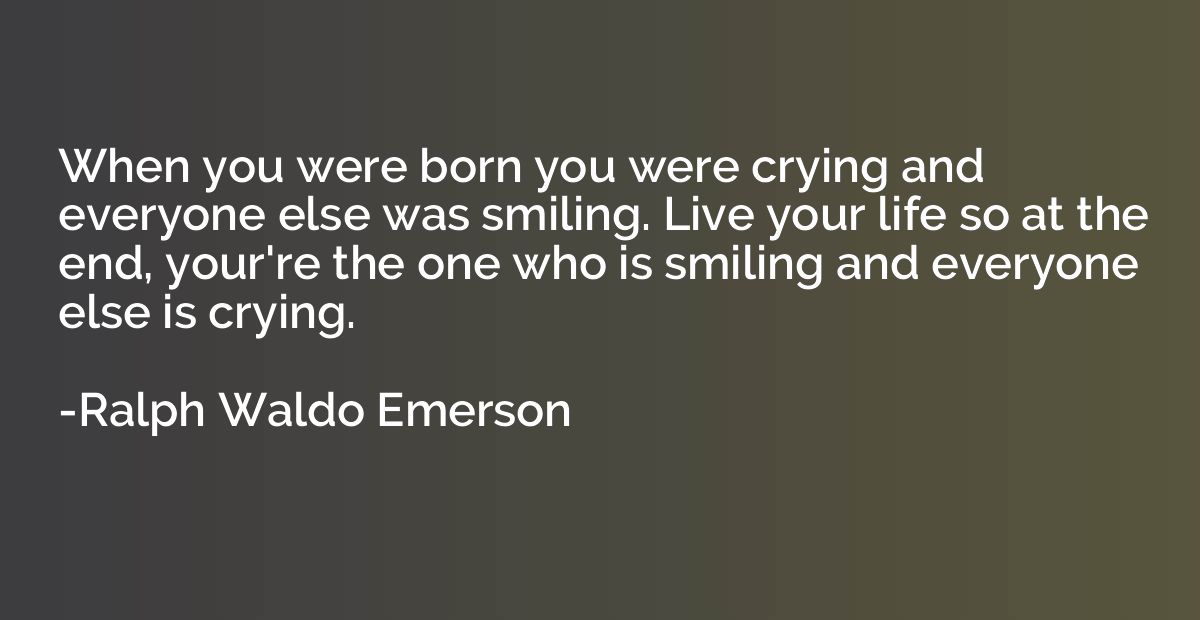Quote by Linda Grant
The legacy of women's war work is our present post-industrial employment structure. It was the war that created the demand for a technologically advanced, de-skilled, low-paid, non-unionized female workforce and paved the way for making part-time work the norm for married women now. A generation later, it was the daughters of wartime women workers who completed their mothers' campaign for equal pay.
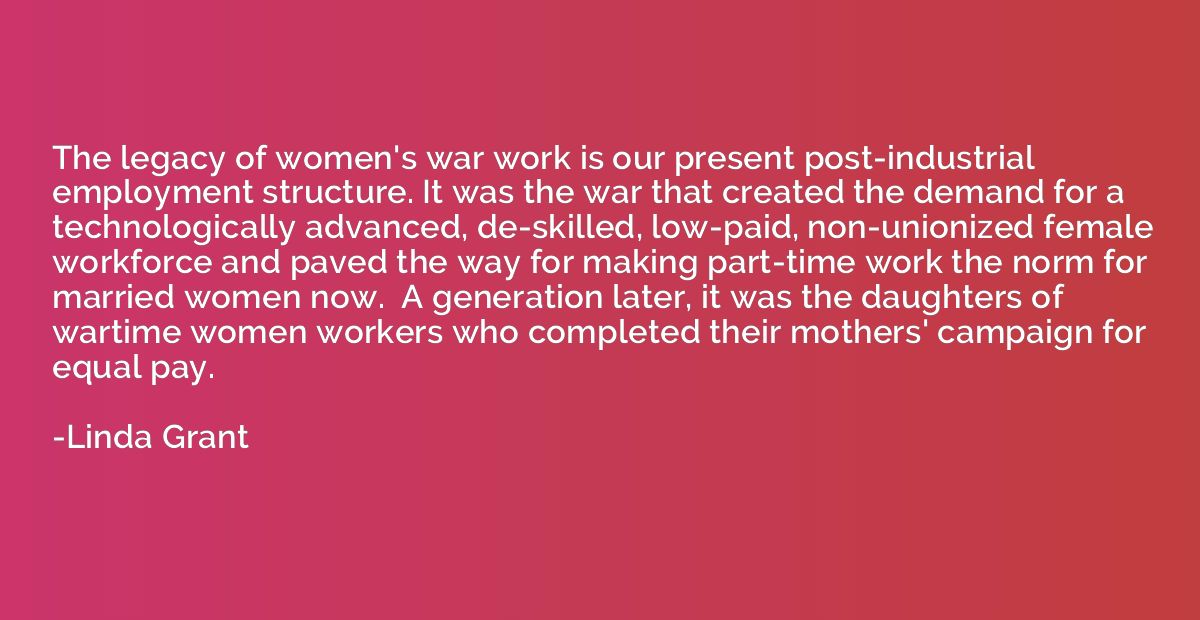
Summary
This quote highlights the impact of women's war work on the current employment landscape. During the war, the demand for a female workforce led to the creation of jobs that were technologically advanced but low-paid and non-unionized. This trend continued post-war, making part-time work the norm for married women. The subsequent generation of women, who were the daughters of the wartime workers, continued their mothers' fight for equal pay and eventually achieved significant progress in this regard. Overall, this quote emphasizes how the war's influence on women's work shaped the structure of employment and paved the way for ongoing advocacy for gender equality.
Topics
Equality
By Linda Grant





